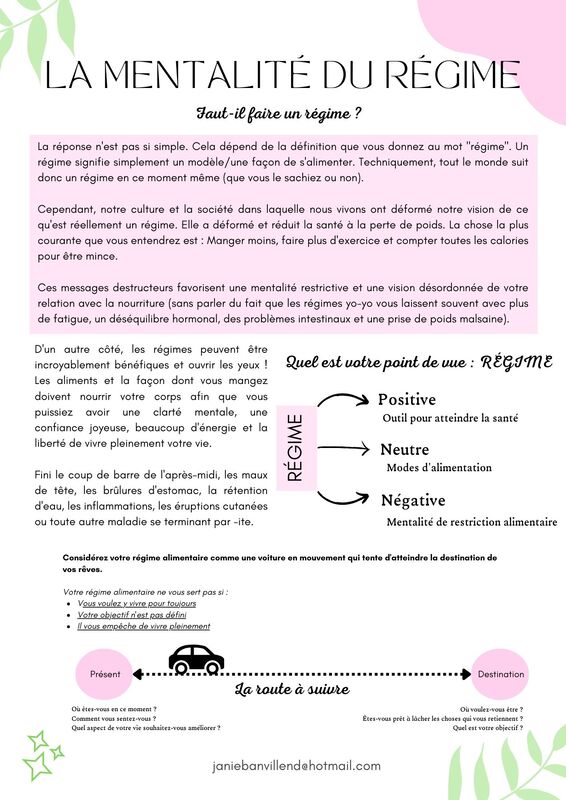|
Hormone health for Men
Are you or a men in your entourage experiencing changes in mood, weight, energy levels, or sexual drive - supporting their hormone health through diet and nutrition might be a good place to start. Hormones 101 Hormones are chemical messengers in the body that tell our cells what to do. They coordinate mood, digestion, energy levels, and bodily functions. Hormone levels can change with diet, activity levels, medical conditions, sleep and age. For men, these hormone fluctuations can impact appetite, metabolism, sexual drive, risk of chronic disease, and body composition. If you have a hormone imbalance, diet and medical treatment can work together to solve potential nutrient deficiencies and to support the production of certain hormones. Key Male Hormones There are some key hormones that are essential to men’s hormonal health. Once you have a good understanding of what these hormones do and how they impact your health, it will make it easier to follow the right nutrition recommendations to keep these balanced.
For Further Inquiries www.enlightenfredericton.com | 1299 Hanwell Rd., Fredericton, NB | +1 (506) 206-1222 Stress and Anxiety
Anxiety is one of the most prevalent mental health conditions. Symptoms can vary depending on the type of anxiety disorders. Stress and anxiety often occur together and when left untreated, chronic stress can increase your client’s risk for conditions such as obesity, type 2 diabetes, heart disease, depression and Alzheimer's disease. If you are struggling with stress and anxiety, you can make dietary changes to improve their mental health. Stress and anxiety treatment can involve therapy, medications, and lifestyle changes with nutrition playing an important role in managing the condition by regulating neurotransmitters and blood sugar levels. Here a key nutrients you need in your diet and/or as supplements : Magnesium Research shows that magnesium plays a role in migraines and depression. It can help with chronic pain and anxiety. Many people do not reach their daily recommended intake of magnesium through diet, which contributes to hypomagnesia and increases anxiety-related behaviors. Foods naturally rich in magnesium may help a person to feel calmer such as spinach, pumpkin seeds, legumes, bananas, and oats. These foods are also good sources of the amino acid tryptophan, which is converted to serotonin in the body and may promote relaxation and anxiety relief. Vitamin B6 Getting enough vitamin B6 through diet is an important way to support the body during stress and reduce anxiety. Women who consume more vitamin B6 are less likely to experience anxiety, depression, and panic attacks. Vitamin B6 is also more effective when combined with magnesium in adults with severe stress. Iron and Vitamin C Low iron is a known contributor to anxiety and depression. Women who are more likely to experience anxiety are also more likely to have low iron status. There are two types of iron found in foods: heme iron (from red meat and other animal products) and non-heme iron (from spinach, legumes, and dried fruit). High-quality protein sources typically contain more iron and produce the neurotransmitters dopamine and serotonin, which have the potential to improve mental health. For better absorption of non-heme iron, we encourage clients to pair it with vitamin C-rich foods like citrus, tomatoes, or peppers at mealtime. These foods also have antioxidant properties that may help reduce inflammation and prevent damage to cells. For Further Inquiries www.enlightenfredericton.com | 1299 Hanwell Rd., Fredericton, NB | +1 (506) 206-1222 |
OUR TEAMWe are a team of Registered Professionals who are passionate about helping people live their best life using both, Manual and Natural approaches to overall health and wellness. ArchivesCategories |
HoursClinic Reception Hrs:
Monday : 10:00 am - 5:00 pm Tuesday : 10:00 am - 5:00 pm Wednesday : 10:00 am - 5:00 pm Thursday : 10:00 am - 5:00 pm Friday : *By appointment only Saturday : *By appointment only Appointments times are available outside of Reception Hours By appointment only |
Telephone506.206.1222
Address1299 Hanwell Road
Fredericton, NB |





 RSS Feed
RSS Feed
